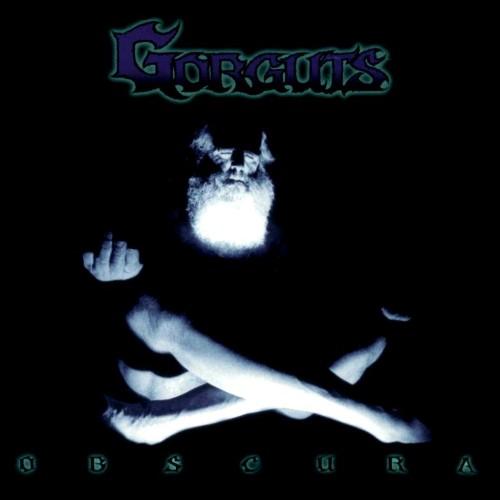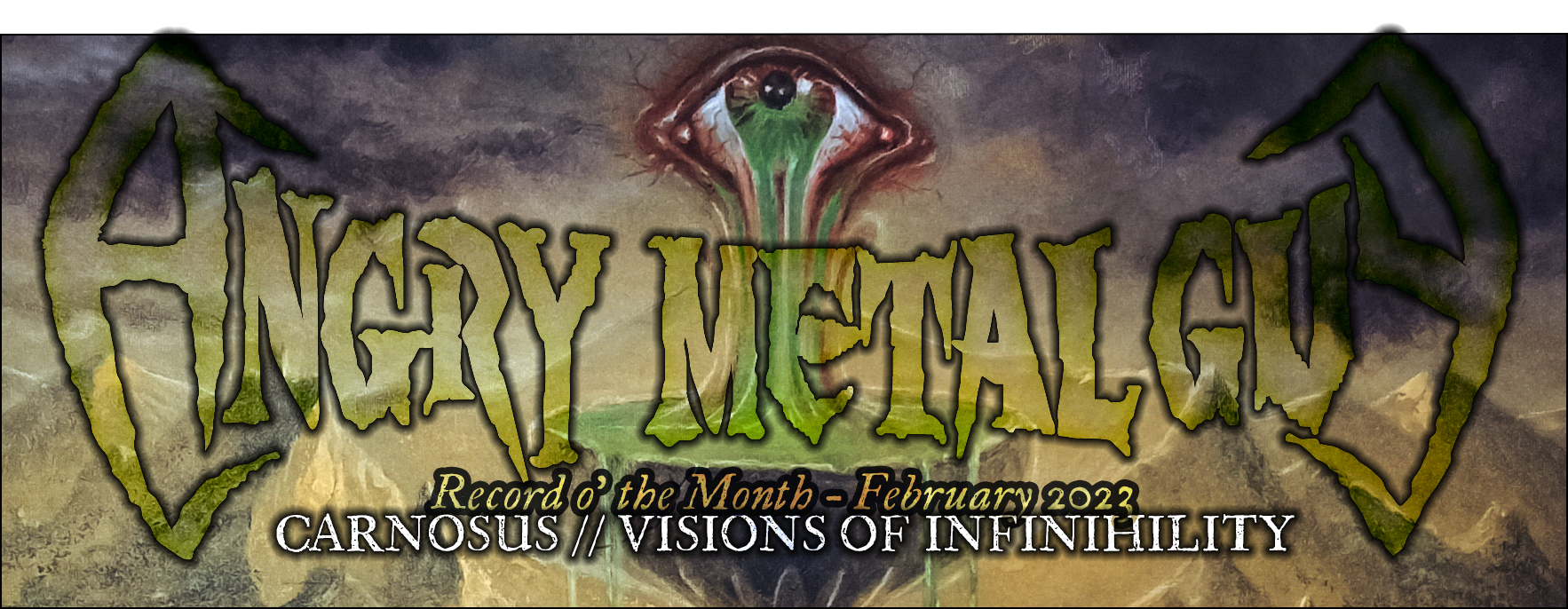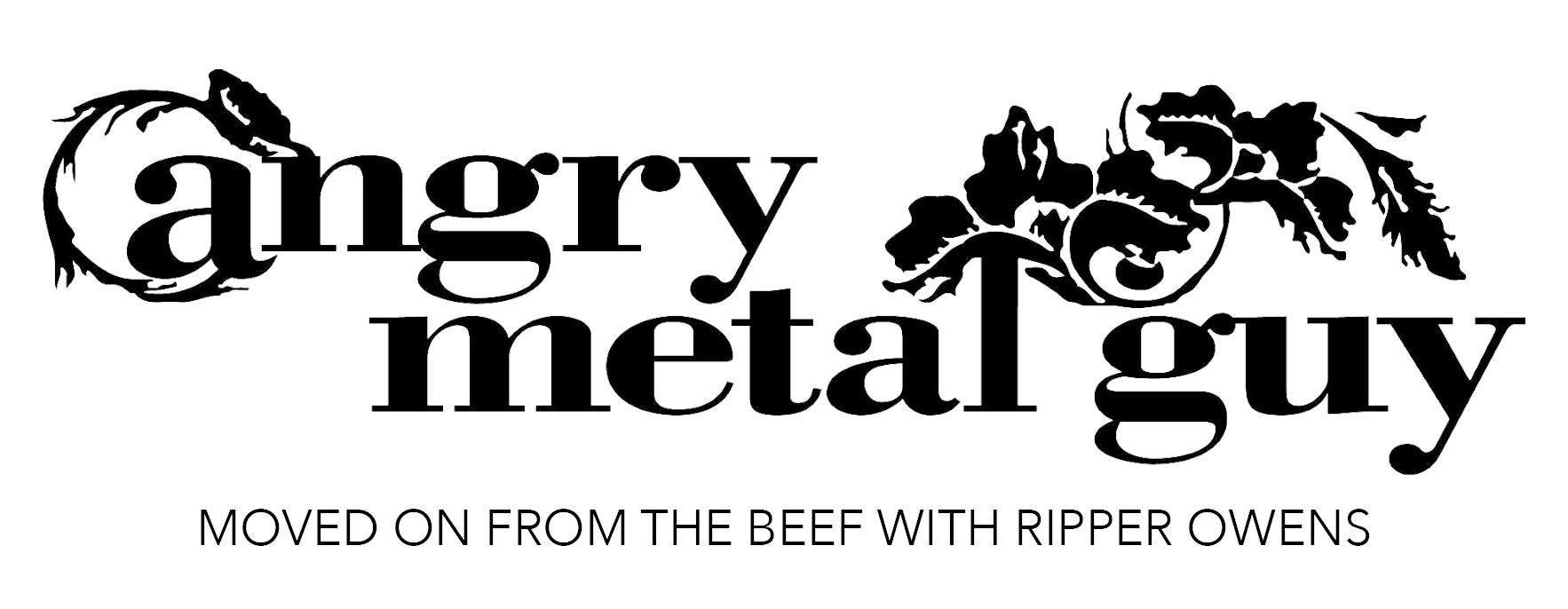 In the last decade, death metal has seen an explosion of new bands taking the genre to places previously unimagined. Connoisseurs of the extreme have hailed releases from Ulcerate, Dodecahedron, and Pyrrhon, to name a few favorites, and these bands’ expanding repertoires continue to afford us glimpses of extreme metal from the most obtuse angles. Yet their genealogy is hardly difficult to discern. Everything is Fire drew heavily from Neurosis and Immolation, Dodecahedron paid homage to Deathspell Omega, and What Passes for Survival borrows bits from The Dillinger Escape Plan. Yet for all their differences, none of these modern works could exist without one album.
In the last decade, death metal has seen an explosion of new bands taking the genre to places previously unimagined. Connoisseurs of the extreme have hailed releases from Ulcerate, Dodecahedron, and Pyrrhon, to name a few favorites, and these bands’ expanding repertoires continue to afford us glimpses of extreme metal from the most obtuse angles. Yet their genealogy is hardly difficult to discern. Everything is Fire drew heavily from Neurosis and Immolation, Dodecahedron paid homage to Deathspell Omega, and What Passes for Survival borrows bits from The Dillinger Escape Plan. Yet for all their differences, none of these modern works could exist without one album.
Obscura is flat out the most influential technical death metal album ever written. Steeve Hurdle and Luc Lemay’s paradigm-establishing use of dissonance and deliberate composition drew up an instant classic almost de novo. If ever a death metal album was divinely inspired, Obscura was, and once this box was opened, there was never a chance of resealing its contents. The most difficult album of the ’90s death metal canon, Obscura remains just as bewildering today despite dozens of imitators promulgating its gifts.
The sound of this album proves almost impossible to explain to anyone not familiar with Gorguts or the dozens of bands that borrow from them. I wouldn’t be writing this article today were that not the case. Entering at “Nostalgia” can save the novice some pain despite its colorful mathematical and tonal variations. It begins simply enough, introducing a plodding but rhythmically simple bassline under screeching guitars, but gradual syncopation and metric fluctuation and destabilize its pulse and throw the song into contortions. Yet the variations all use the same source material, holding together the composition by repetition that’s cleverly disguised as a novelty. Of course, that source material is dissonant and made even more so by variation, but it’s the composition that makes these songs stick once the novelty of the sound expires. Rigor, rather than oddity, makes Obscura a classic and separates it from many of its modern imitators.
The loping, dissonant, and often atonal riffs and melodies Obscura offers relentlessly challenge listeners with new contortions but always balance between repulsion and enticement, a pair of emotions that form the bedrock of this album. Their conflict pervades Obscura; it’s in the song titles — “Rapturous Grief,” and “La vie est prélude… (La Mort Orgasme)” — as well as the music itself, and to this day few albums, especially death metal albums, convey a simple concept so well. Gorguts showed everyone that death metal could retain its horror and gore while still being intelligent and sophisticated, and they’re still in that business today.

The brainy compositions and philosophical overtones of the album aren’t the whole story, though. Many of the performances on Obscura reveal interesting and intuitive counterpoint to its rigid rigor — the scrambling guitar solos of “Subtle Body,” the grinding bass of “Nostalgia,” and most of all Luc Lemay’s tortured howls. His most varied performance graces “Illuminatus,” where double-tracked and subtly distorted vocals add to a feeling of geometrical distortion and complement a guitar solo that’s almost neoclassical in structure but completely atonal. Even among death metal vocalists, Lemay is an acquired taste, but his hoarse and pained performance matches the tones of the album perfectly and humanizes what might otherwise be very distant music.
Like any other album, you have to hear Obscura for yourself to get the full experience. But to understand why it has been so incredibly influential and why it’s so revered, you need to listen to it many times; I don’t think anyone loves this album on their first listen, and even fewer understand it — I know I did neither. Sure, there are subtle earworm riffs and melodies, like on “Nostalgia” and “Faceless Ones,” but the album is so imposing as to almost overshadow its own best traits. Yet there is another way to enjoy Obscura, one that’s possible with very few other works; you can listen to it within other great albums. You can hear it in Nihil Quam Vacuitas Ordinatum Est, you can catch hints of it in Incurso, recognize its imprint in Intransigence, Abyssal Gods, Labyrinth Constellation, and Ghost Chorus Among Old Ruins. Wherever death metal is forward-thinking, intelligent, and daring, Obscura is there, too.


















